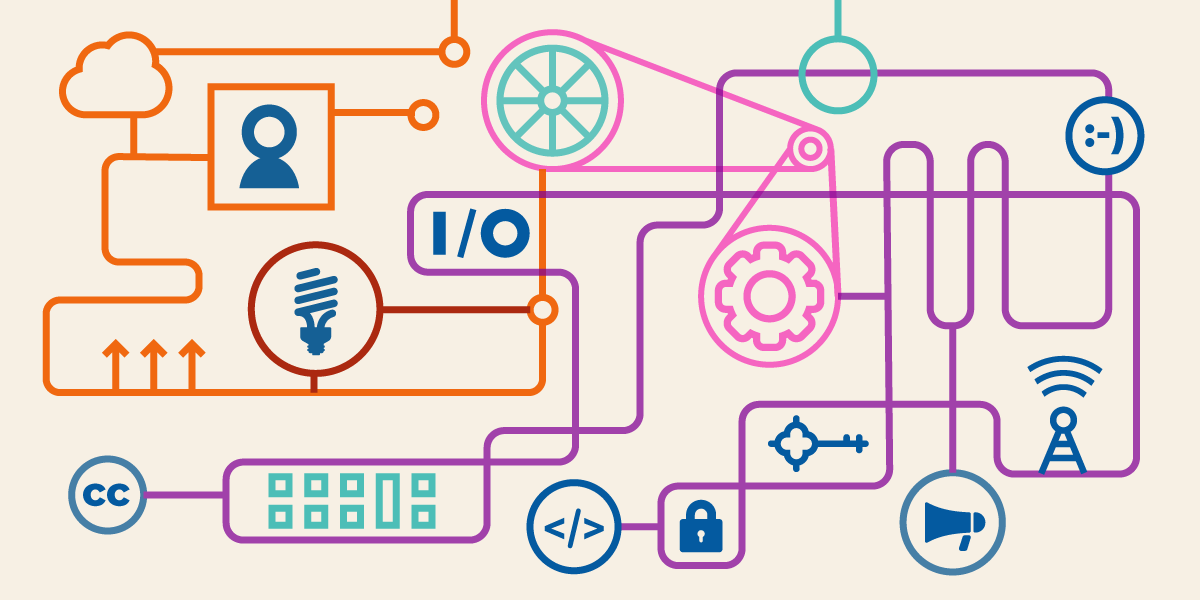In this video, we discuss the forces that keep us using services like Facebook long after we stop enjoying them (hint, it's not because social media is "addictive") and we present a short "design fiction" explaining what it might be like to use social media in the near future, after big companies like Facebook were legally required to open up their walled gardens and let their users talk to anyone online, not just other Facebook users.
What if Facebook - and the other tech giants - were simply less important to your life? What if you had lots of choices about how you and the people you care about could communicate with each other?
Several proposed laws—like the EU Digital Markets Act and the US ACCESS Act—aim to make Big Tech platforms interoperable. That means that small companies, nonprofits, and community-run services will be able to connect to platforms like Facebook and everyone will be able to exchange private messages and public posts, no matter which service they choose.
But how would that work? What would life be like on an "interoperable Facebook?
In this video, EFF’s Cory Doctorow describes how we got here, and why interoperability is a great solution to our social media woes. Then we demonstrate what interoperability might look like on Facebook—allowing you to chat and post through a variety of other platforms—so you have the choice of how social media should work for you.

Want to skip straight to the examples of interoperability on Facebook? This shorter video is for you:

Download the PDF of the article the video is based on here.
Credits:
- Produced by the Electronic Frontier Foundation
- Written and narrated by Cory Doctorow
- Graphics and production by Shirin Mori
- Sound design, mastering and music by John Taylor Williams, Wryneck Studios


